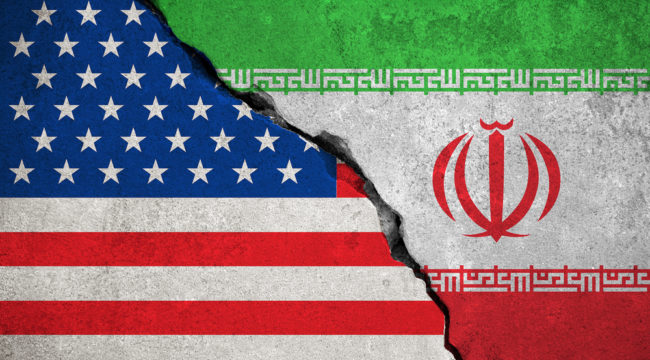The US Treasury Department on Tuesday issued a statement directed at allied governments, and private companies operating out of allied countries, warning them against any trade with Iran, warning they “face substantial risks” if they are caught.
 Undersecretary of the Treasury Sigal Mandelker says that the world must “harden your financial networks,” and make sure they have “airtight” procedures in place to prevent even accidental business ties to Iran. He added that nations must make sure “Iran and its proxies are not exploiting your companies to support their nefarious activities.”
Undersecretary of the Treasury Sigal Mandelker says that the world must “harden your financial networks,” and make sure they have “airtight” procedures in place to prevent even accidental business ties to Iran. He added that nations must make sure “Iran and its proxies are not exploiting your companies to support their nefarious activities.”
Though presented as a warning about being tricked by Iran, the warning is likely primarily directed at EU nations, as the EU has already decided to prohibit its companies complying with US sanctions on Iran. The EU is planning to try to block the US from punishing those companies, but many of the major businesses are being very cautious about new deals with Iran, fearing the US will go after them anyhow.
US sanctions against Iran’s nuclear program are expected to ratchet up in the next several months, after President Trump withdrew the US from the nuclear deal. Yet the deal remains in place, and many nations may not be willing to follow the US in this crackdown so long as Iran remains compliant.











